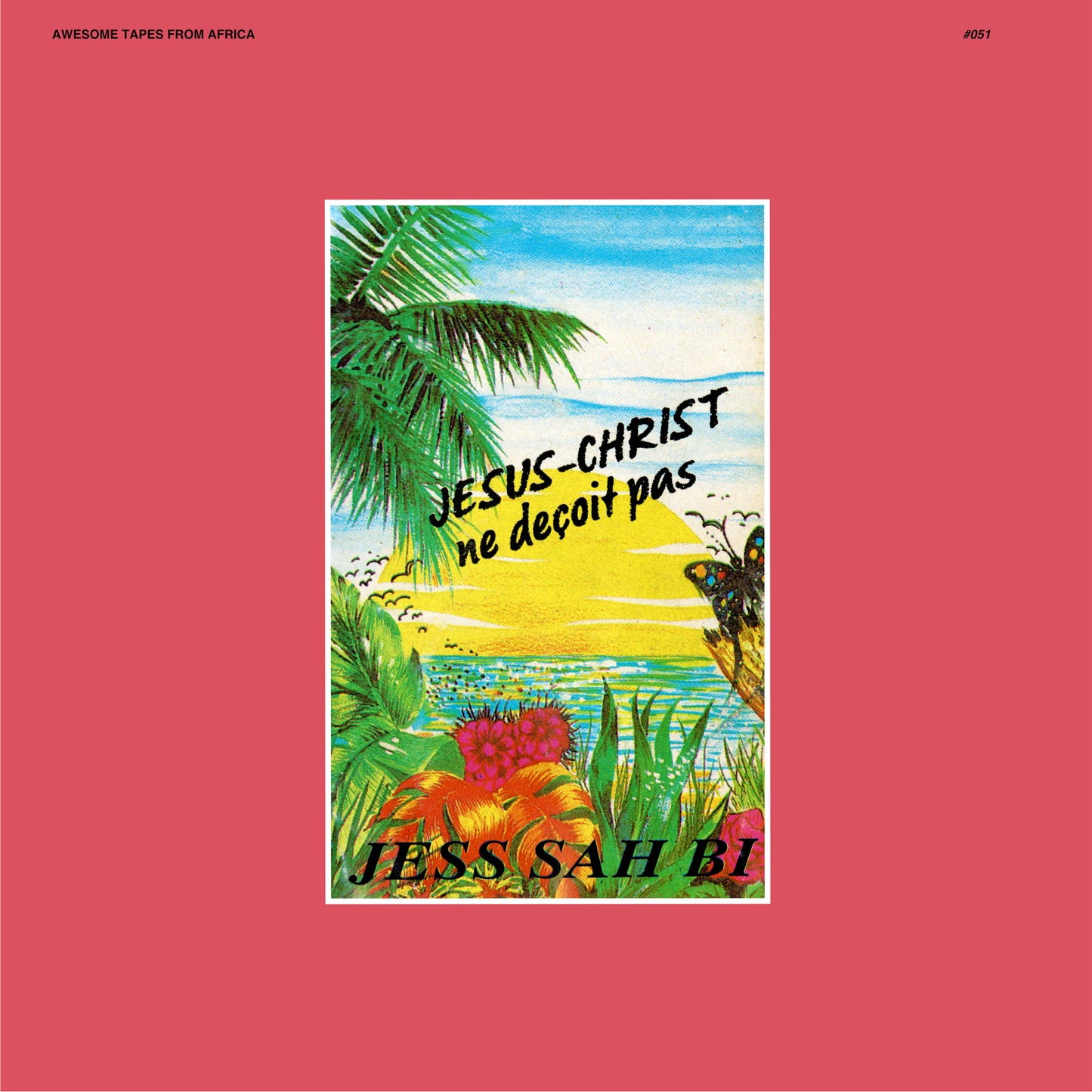Awesome Tapes From Africa
Jesus-Christ Ne Decoit Pas
Jesus-Christ Ne Decoit Pas
Couldn't load pickup availability
Jess Sah Bi is well known as half of the legendary duo Jess Sah Bi & Peter One who brought homegrown Country-Americana to the West African masses with their smash debut Our Garden Needs Its Flowers in the mid-1980s. Touring stadiums and reaching listeners worldwide, their music has racked up millions of spins on YouTube and remains imprinted in the hearts of Ivorians of a certain age. ATFA reissued their album in 2018, garnering critical acclaim from publications including Pitchfork and Rolling Stone and reaching a new generation of listeners outside Ivory Coast (Cote d’Ivoire). Sometime in the early 90s, Die Sahbi or Jesse, as he known to friends became gravely ill with an unknown ailment and almost died. He visited various doctors and all kinds of religious healers and nothing helped until he became a born-again Christian. He recorded an album of music praising God in order to honor a promise he made to himself at the depths of his desperation in the hospital. That album, Jesus-Christ Ne Deçoit Pas [Jesus Christ Does Not Let Us Down], came out in 1991 and sold around 3000 cassettes in Ivory Coast. The master tape was lost along the way so the recording has never been on digital platforms until now. Jesse didn’t have much time to record while visiting South Carolina, and he enlisted some American musicians (Robert Fortner and Gary Davis) to help. They added acoustic guitar, percussion and keyboard accompaniment to Jesse’s soaring French and Gouro vocals, harmonica and finger-picked acoustic. The resulting recording is deeply soothing and contemplative music that perfectly compliments the songs already embraced by millions. Jesus-Christ Ne Deçoit Pas is Jess Sah Bi’s first and only gospel album. Fortunately, fans responded with enthusiasm: widespread radio airplay and concerts followed, along with a growing solo profile in the country. The first big gospel artists in Ivory Coast were the duo Mathieu et Constance, who emerged in 1989. There was a bigger gospel music movement in English-speaking counties like Ghana and Nigeria (Christians make up roughly 40% of the population in Ivory Coast, slightly less than Muslims). In the years since Jesus-Christ’s release, gospel music in Ivory Coast has grown to become a key part of music culture in the country. Spiritual music appears in community actives across the public and private spectrum from religious gatherings and parties to television broadcasts and music festivals. And, as it has evolved and indigenized locally, gospel music has picked up elements of traditional Ivorian music, reggae and soul. Jesse didn’t have any intention of working in Christian music but he realized, “You don’t make music to make money you want to send a message.”


